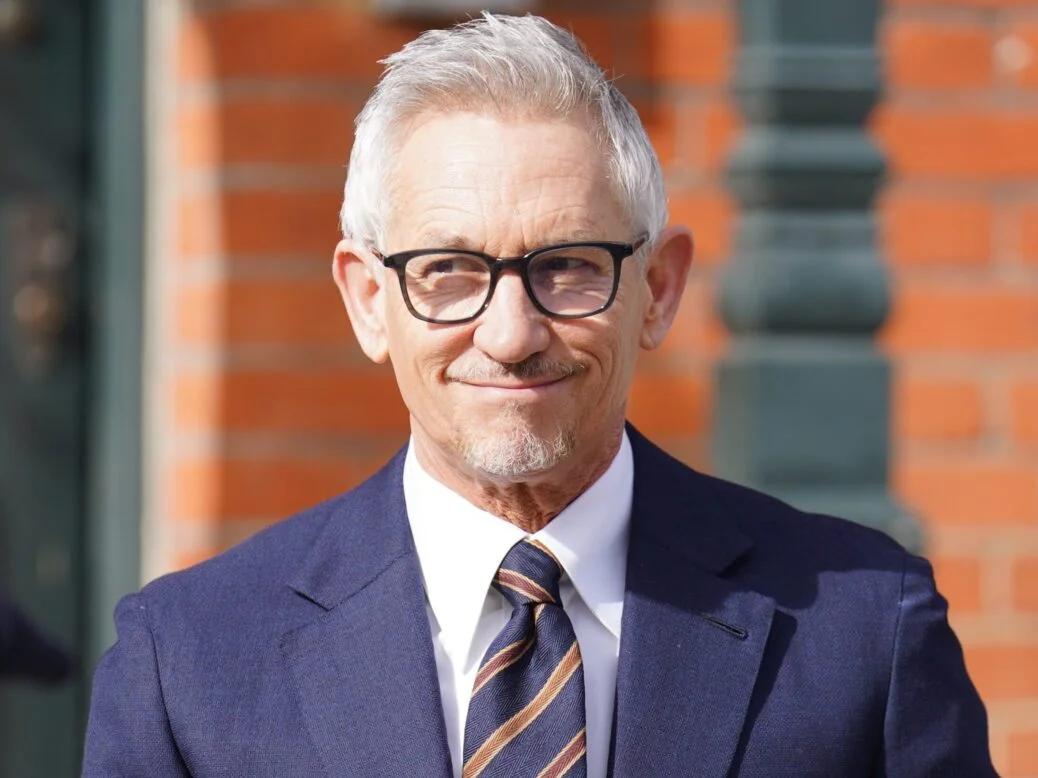The British Broadcasting Corporation (BBC), a globally renowned public service broadcaster, recently published new guidelines concerning the use of social media by its top-tier presenters. This move follows a controversy surrounding comments made by one of its most recognized figures, Gary Lineker, about the UK’s immigration policy.
Gary Lineker, the celebrated host of “Match of the Day” and notably the top earner at the BBC, faced a temporary suspension from his on-air duties in March. This came after he drew parallels between the UK government’s language on immigration and the rhetoric used by Germany during the tumultuous 1930s. Lineker’s suspension stirred significant public discontent, leading to a near-uprising within the BBC. This incident highlighted the challenges faced by the broadcasting giant: striking a balance between ensuring impartiality and recognizing its employees’ widespread influence on platforms like social media.
In response, the guidelines introduced on Thursday delineate clearer boundaries, particularly for the hosts of flagship television and radio shows. These include widely recognized programs like “Antiques Roadshow”, “Strictly Come Dancing“, “Masterchef”, as well as the morning shows on Radio 1 and Radio 2. The presenters helming these shows are now subject to more stringent regulations. Specifically, they are prohibited from explicitly endorsing or criticizing any political party. Additionally, these hosts must refrain from making personal comments about individual politicians. However, the guidelines afford them the liberty to express their perspectives on issues that resonate personally with them.
Expressing his views on X, the platform formerly known as Twitter, Gary Lineker responded to the new framework by terming the guidelines as “very sensible”.
Apart from these hosts, the BBC has also outlined directives for its journalistic staff and others associated with news and current affairs programming. The edict remains clear that individuals in these roles must continue to adhere to rigorous standards of impartiality. In contrast, other employees of the BBC, including freelancers, are exempted from upholding the corporation’s impartiality on their personal platforms. The only stipulation for this latter group is the expectation of maintaining civility in their online interactions and ensuring that their conduct does not tarnish the BBC’s reputation.
John Hardie, a veteran TV executive who had a hand in reviewing the new rules, encapsulated the essence of the guidelines. He emphasized that while high-profile presenters outside the journalistic realm should have the freedom to share their opinions on various subjects – even if these are politically contentious – there is a clear boundary. They must refrain from any form of active campaigning, be it in the realm of party politics or in support of specific activist organizations.
In sum, the BBC’s new guidelines reflect an evolving media landscape. In an era where social media platforms grant notable figures a direct channel to millions, it’s imperative for institutions like the BBC to navigate this terrain with care. These guidelines seek to strike a balance, allowing personalities to leverage their platforms while ensuring the integrity of the broadcaster remains uncompromised. Through these measures, the BBC hopes to foster a culture of openness and authenticity, all while preserving the trust and respect it has earned over the decades.
READ MORE:
